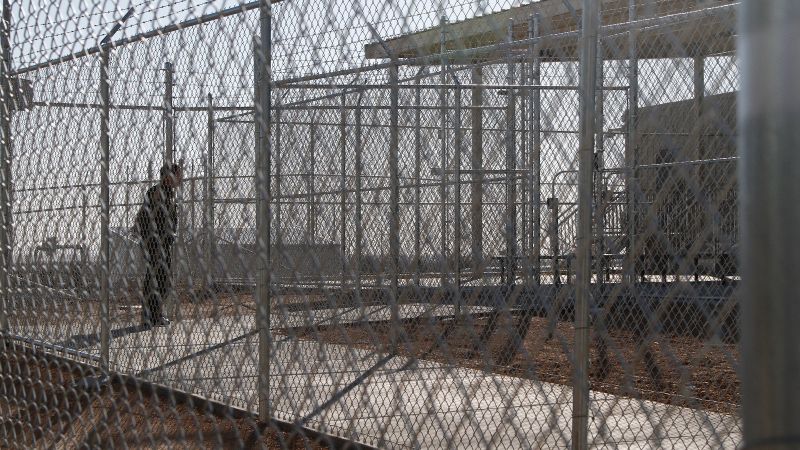Recent revelations regarding the treatment of migrant families with young children in U.S. Customs and Border Protection (CBP) facilities have raised significant concerns among immigration advocates and attorneys. In interviews conducted by various immigrant advocacy groups, accounts emerged detailing how families—often including toddlers—were held for prolonged periods, sometimes extending to weeks, in conditions likened to jails. These findings were presented in federal court, indicating that even amidst a noticeable decline in crossings at the southern border, children were subjected to extended detentions in facilities not designed for their care.
The information shared in these filings is part of a broader legal framework stemming from the 1997 Flores Settlement, which mandates that the government must release children from custody without unnecessary delays and under humane conditions. The document specifically applies not only to unaccompanied minors but also to those who arrive with their families. The legal representatives of the settlement class are allowed to meet with children and families in custody to gather testimonies regarding their experiences.
One striking case highlights the emotional toll such detentions can have on young children. A mother, separated from her husband, was held with her toddler at a California border facility for 42 days. Testimonies indicate that the child, once verbally expressive, became withdrawn and ceased to speak altogether during this period. The mother recounted how their living conditions were dire, noting overcrowding and a lack of natural light—conditions that are in stark violation of the stipulations outlined in the Flores agreement, which aims to protect children from similar traumas.
The recent legal motion filed in court intends to prompt CBP to adhere more closely to the Flores Settlement, pressing for a cessation of prolonged detentions and demanding a more transparent account of the agency’s practices. According to legal claims, the CBP often retains children in custody until they are either deported or transferred to Immigration and Customs Enforcement (ICE) facilities—actions that sidestep the intent of the existing legal framework.
Despite a substantial decrease in border crossings, data revealed that in February alone, over 300 children were detained for more than 72 hours, predominantly in unfavorable conditions. In the month of April, as the U.S. Border Patrol reported approximately 8,300 encounters, 213 children remained in custody beyond the 72-hour marker, with some held for over 20 days.
Leecia Welch, a deputy litigation director at Children’s Rights, expressed profound concern over the conditions in which children are being held, stating that while crossings have significantly reduced, the harshness of government custody has reached alarming heights. The attorneys involved with the Flores legal team argue that even though CBP has generally practiced shorter detentions, recent reports indicate a disturbing trend toward longer stays in non-ideal environments, calling into question the compliance of CBP with both the Flores settlement and their own internal policies.
In some harrowing accounts, children were held under conditions that lacked basic comforts or necessities—situations that contradict established protocols for detaining migrant families. Reports included descriptions of cold facilities, limited access to hygiene products, and inadequate sleeping arrangements. In one specific case, a family was detained for an entire month, where the freezing temperatures contributed to health issues among the children.
Additionally, accounts have surfaced regarding instances of verbal mistreatment by officers, further illustrating the disheartening realities faced by these vulnerable individuals seeking protection in the U.S. Such testimonies not only showcase the immediate need for reform within CBP but also serve to humanize the legal discourse often overshadowed by statistics and policy debates.
The ongoing situation at the southern U.S. border, influenced by previous administrations, including Biden’s, highlights a continued struggle with the enforcement of humane policies amid a complex and evolving immigration landscape. The struggle to reconcile effective border control with the moral imperative to provide humane treatment for families and children remains a significant challenge moving forward.



